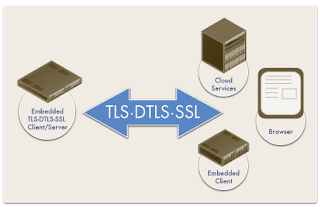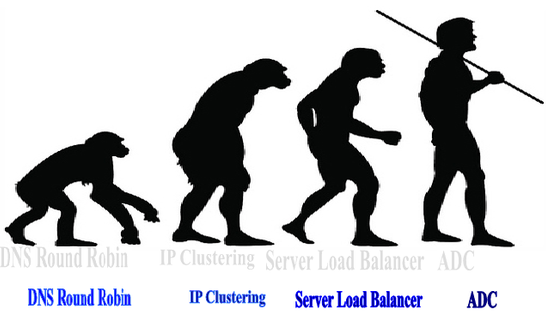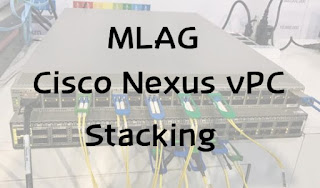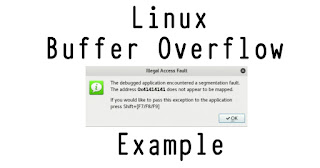Shortest Path Bridging (SPB) Configuration
When
I was studying at University, the IEEE working group posted 802.1aq draft
but the SPB standard is already a reality
ready for deployments
since the IEEE approved the standard on March 2012. I
was wondering if SPB is taught at Universities today or teachers keep
teaching the traditional Spanning Tree Protocol (STP) without
mentioning the pros and cons of using STP against SPB. This
new technology was used inside
the network of the Sochi Olympics by
Avaya, which was capable of handling up 54
Tbps of traffic, and since then, we can see more and more
deployments of SPB. Therefore, I'm lucky today for having two
Alcatel-Lucent OmniSwitch 6860E with advanced routing license to test
Shortest Path First and sharing with you
the SPB configuration.
SPB configuration has two main steps
The
first one is the Backbone configuration
where we have to create the Backbone VLAN or BVLAN, which is the base
of the SPB-M infrastructure and it will be associated with an equal
cost tree (ECT) algorithm ID and a SPB service instance ID (I-SID).
We also have to configure the SPB interfaces which
will be associated with each BVLAN and they
will send and receive ISIS Hello packets and link state PDU (LSP). In
addition to enabling/disabling
ISIS-SPB instances, we can configure ISIS-SPB global parameters like
wait time intervals for customizing the Backbone SPB.
 |
| ISIS Hello packet |
The
second and last step is the Service
configuration where we are going to
configure SPB-M services associating a Service Manager ID with a
BVLAN, I-SID and Service Access Point (SAP) to identify the customer
traffic that will be encapsulated by the service. We
also have to configure access ports where customers are going to
be connected and it will be associated with a SAP. Optionally, we can
configure a layer 2 profile to access port for 802.1X authentication
or 802.3ad link aggregation. In addition,
we'll have to configure Service Access Points (SAP) to bind a SPB
service to an access port for defining which customer traffic will be
encapsulated through the service.
 |
| OmniSwitch SPB Configuration |
Once
we have configured SPB, interconnected switches through Backbone
interfaces and connected customers to access ports, we should verify
the Backbone configuration and the Service configuration to know if
everything is working as expected. For instance, we can see BVLANs
with their ECT-algorithm ID of a Backbone testing configuration, and
we can also see Service
ID with their Administrative and Operational status of a
Services
testing configuration in the next images.
 |
| Backbone VLANs |
 |
| SPB Services |
If
we are a little bit freak, or rather, professional network engineers,
OmniSwitch has the tcpdump tool which allow us to analyse network
traffic for troubleshooting propose. As a result, it's easy to get
SPB frames to see customer frames encapsulated inside SPB frames
where the standard 802.1ah, called Provider
Backbone Bridging, makes
a layer 2 tunnel through a layer 3 network to connect different
customer sites or datacenters.
 |
| ICMP SPB frame |
Regards
my friends, configure Shortest Path
Bridging in your network, it will be mandatory, now, or in the near
future.










Commentaires
Enregistrer un commentaire